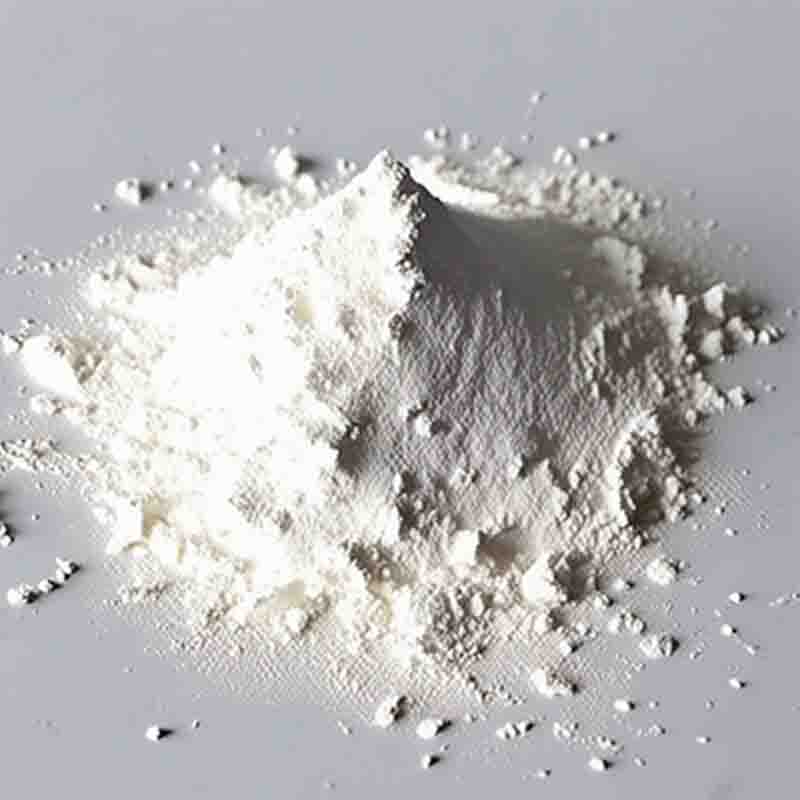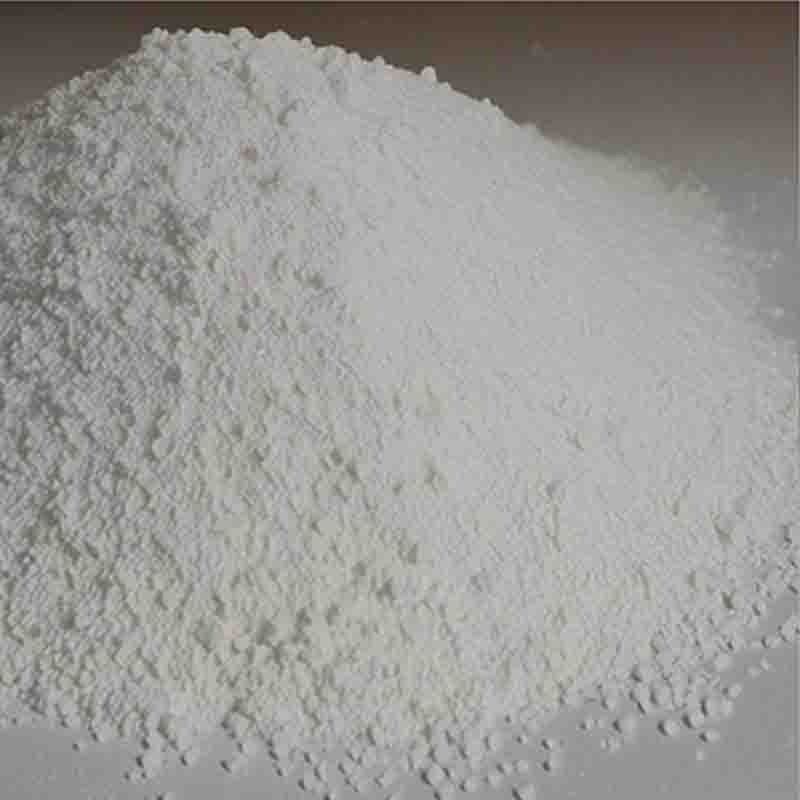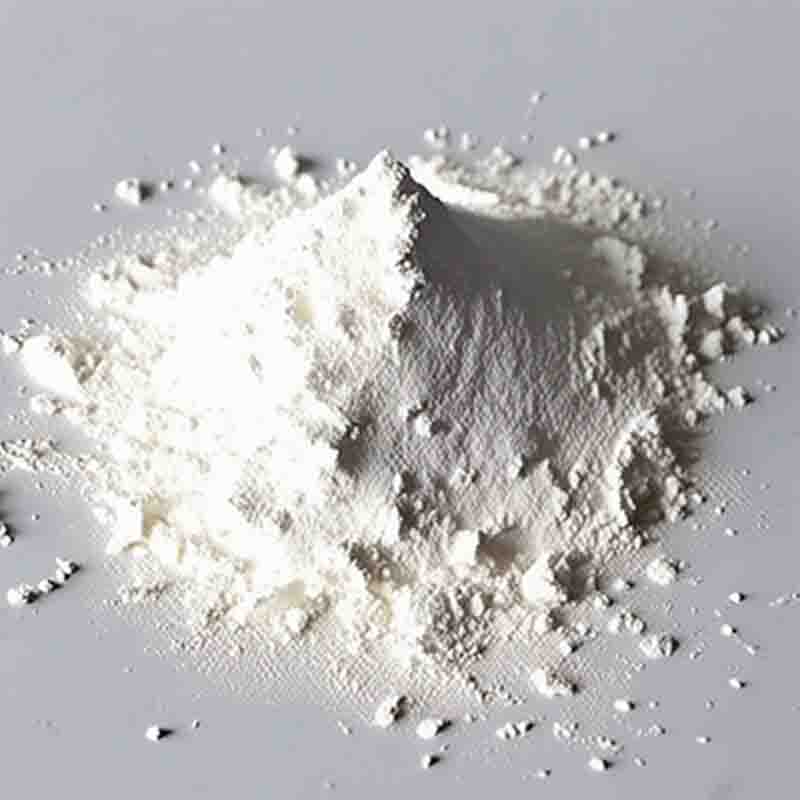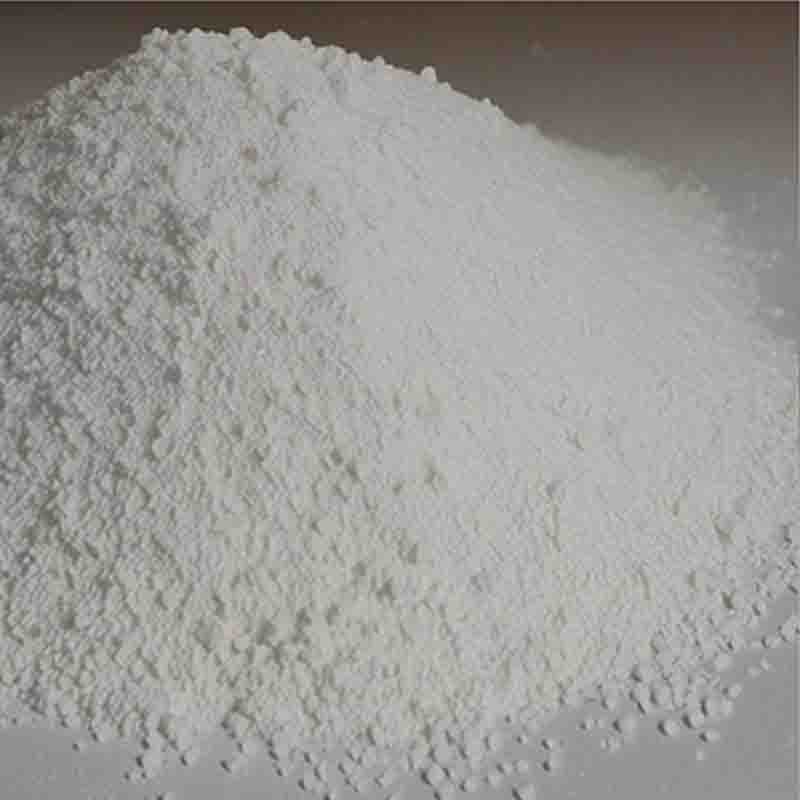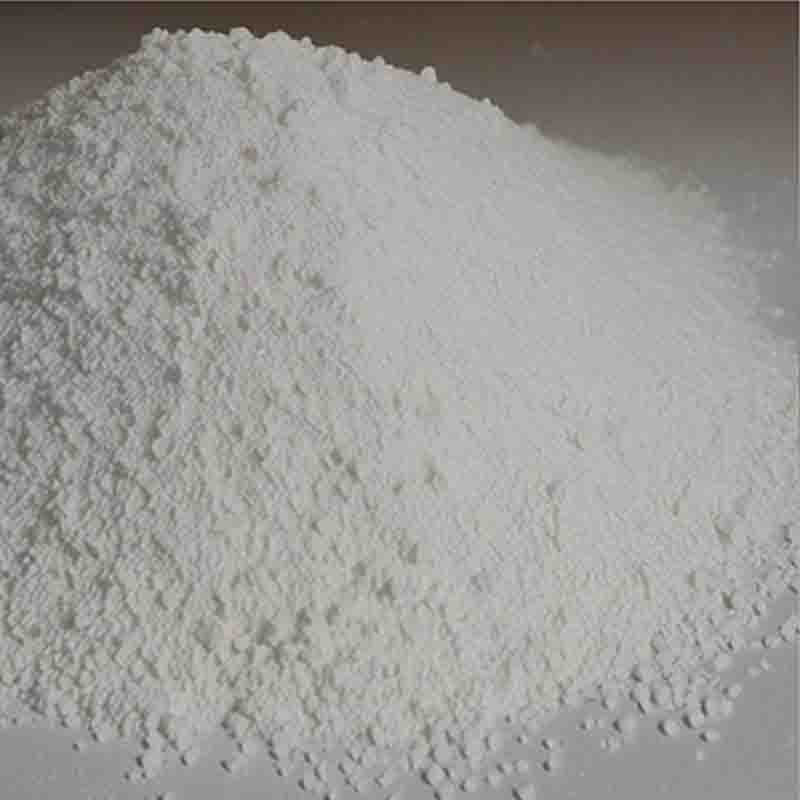Ethyl trifluoropyruvate CAS: 13081-18-0
| Catalog Number | XD93543 |
| Product Name | Ethyl trifluoropyruvate |
| CAS | 13081-18-0 |
| Molecular Formula | C5H5F3O3 |
| Molecular Weight | 170.09 |
| Storage Details | Ambient |
Product Specification
| Appearance | White powder |
| Assay | 99% min |
Ethyl trifluoropyruvate (ETFP) is a chemical compound that finds applications in various areas, including organic synthesis, pharmaceutical research, and agrochemical development. It is derived from pyruvic acid, with three fluorine atoms (-F) attached to the carbon adjacent to the carboxyl group and an ethyl group (-C2H5) attached to the carbonyl carbon.One significant use of ETFP is as a versatile building block in organic synthesis. The trifluoromethyl group in ETFP is highly valuable as it imparts unique and desirable chemical properties to the compounds it is incorporated into. The trifluoromethyl group can influence reactivity, solubility, and biological activity, making it a valuable tool for medicinal chemists and synthetic organic chemists. The presence of the ethyl group allows for further modifications to molecules, enabling the introduction of various functional groups and enhancing the compound's overall versatility.Etflurane, an inhalation general anesthetic, is an example of an application derived from ETFP. The synthesis of Etflurane involves the reaction of ETFP with hydrogen fluoride and trifluoroacetic acid to produce the final product. The unique reactivity of the trifluoromethyl group in ETFP allows for the selective introduction of fluorine atoms into the Etflurane molecule, giving it its anesthetic properties.ETFP also finds applications in the development of agrochemicals, specifically herbicides and plant growth regulators. The trifluoromethyl group in ETFP can significantly impact the biological activity of these compounds. By incorporating the trifluoromethyl group into the molecule, chemists can alter the compound's lipophilicity, metabolic stability, and binding affinity to target enzymes or receptors present in plants. This modification allows for the design of more effective and selective herbicides that can control plant growth or target specific weeds without harming desirable crops.In addition to its applications in organic synthesis and agrochemical development, ETFP is also used as a starting material for the synthesis of various pharmaceutical compounds. The trifluoromethyl group in ETFP can enhance a drug candidate's pharmacokinetic properties, leading to improved bioavailability, metabolic stability, and binding affinity to target proteins. This modification can influence the drug's potency, selectivity, and overall therapeutic potential.As with any chemical compound, proper handling and safety precautions should be followed when working with ETFP. It is essential to use appropriate personal protective equipment, such as gloves and goggles, and work in a well-ventilated area. ETFP should be stored in a cool, dry place, away from heat and open flames.In conclusion, ethyl trifluoropyruvate (ETFP) is a valuable compound in organic synthesis, pharmaceutical research, and agrochemical development. Its trifluoromethyl and ethyl groups make it a versatile building block for modifying chemical structures and enhancing the properties of molecules. From the synthesis of anesthetics to the development of herbicides and pharmaceuticals, ETFP serves as a valuable tool for chemists in a wide range of applications. By continuing to explore its reactivity and properties, researchers can unlock new uses and contribute to advancements in various scientific fields.


